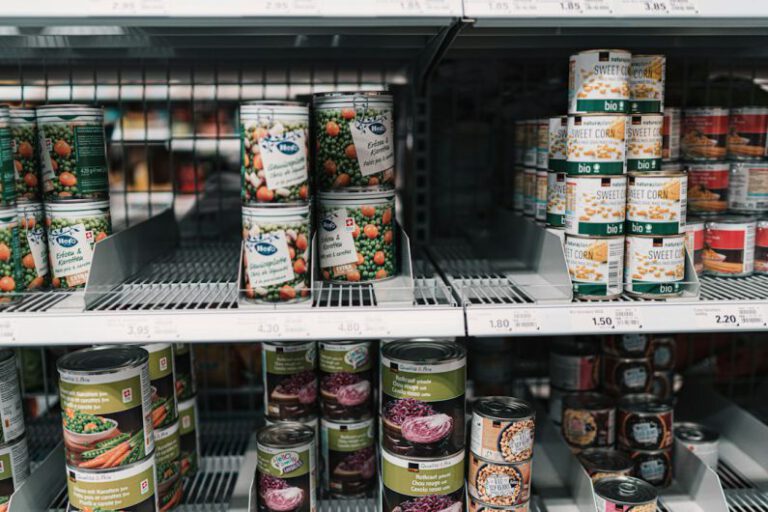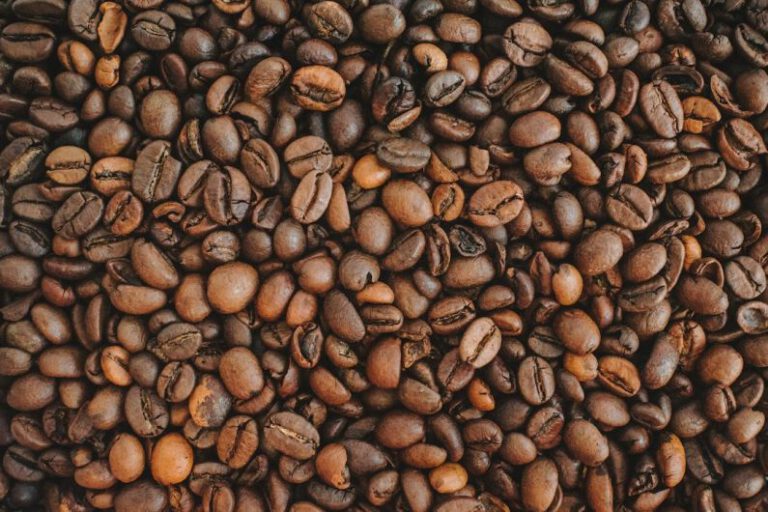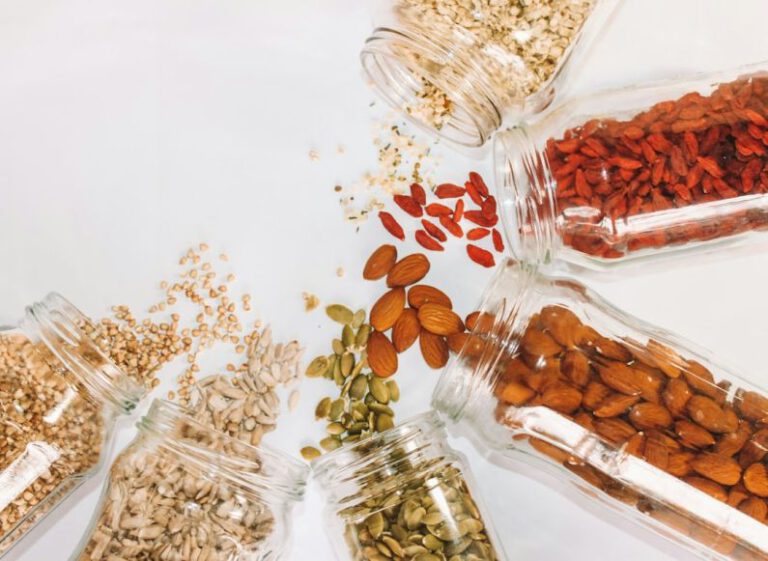Creative Solutions for Storing Potatoes and Onions
When it comes to storing potatoes and onions, many of us struggle to find the right solutions. These two root vegetables are pantry staples, but if not stored properly, they can spoil quickly. In this article, we will explore some creative and effective solutions for storing potatoes and onions, ensuring that they stay fresh for a longer period of time.
1. Separate Storage
One of the most important things to remember when storing potatoes and onions is to keep them separate. Both vegetables release moisture and gases that can cause them to spoil faster if stored together. To prevent this, store potatoes and onions in separate containers or compartments. This will help maintain their individual flavors and extend their shelf life.
2. Cool and Dark Environment
Potatoes and onions thrive in cool and dark environments. Exposing them to light can cause them to sprout and become soft. Therefore, it is best to store them in a cool and dark place, such as a cellar, pantry, or a cool corner of your kitchen. Avoid storing them near appliances that generate heat, as this can accelerate spoilage.
3. Ventilation is Key
While potatoes and onions prefer a cool and dark environment, it is important to provide them with proper ventilation to prevent moisture buildup. Excess moisture can lead to rot and mold growth. To ensure good airflow, store these vegetables in open containers or breathable bags. Mesh bags or baskets are ideal for this purpose, as they allow air to circulate and prevent moisture accumulation.
4. Paper Bags for Potatoes
Potatoes are best stored in paper bags. Unlike plastic bags, paper bags allow for better air circulation, helping to prevent moisture buildup and rot. Additionally, paper bags absorb excess moisture, keeping the potatoes dry and fresh. Before storing the potatoes in a paper bag, make sure to remove any damaged or sprouted ones, as they can affect the quality of the rest.
5. Mesh Bags for Onions
Onions, on the other hand, should be stored in mesh bags. Mesh bags provide good airflow, preventing moisture buildup and extending the shelf life of the onions. The mesh also allows you to see the onions, making it easier to monitor their condition and use them before they spoil. Remember to remove any onions that show signs of rot, as they can quickly spread to the rest.
6. Avoid Refrigeration
While it may be tempting to store potatoes and onions in the refrigerator, it is best to avoid doing so. The cold temperature and high humidity of the refrigerator can cause the starches in potatoes to convert into sugar, resulting in a gritty texture and an off taste. Onions, on the other hand, can become soft and moldy when exposed to excess moisture. Therefore, it is best to store these vegetables in a cool pantry rather than the refrigerator.
In conclusion, proper storage is essential for maintaining the freshness and quality of potatoes and onions. By following these creative solutions, you can extend the shelf life of these root vegetables and reduce waste. Remember to keep them separate, store them in a cool and dark environment, provide good ventilation, and use paper bags for potatoes and mesh bags for onions. With these storage techniques, you can enjoy fresh and flavorful potatoes and onions for a longer period of time.






